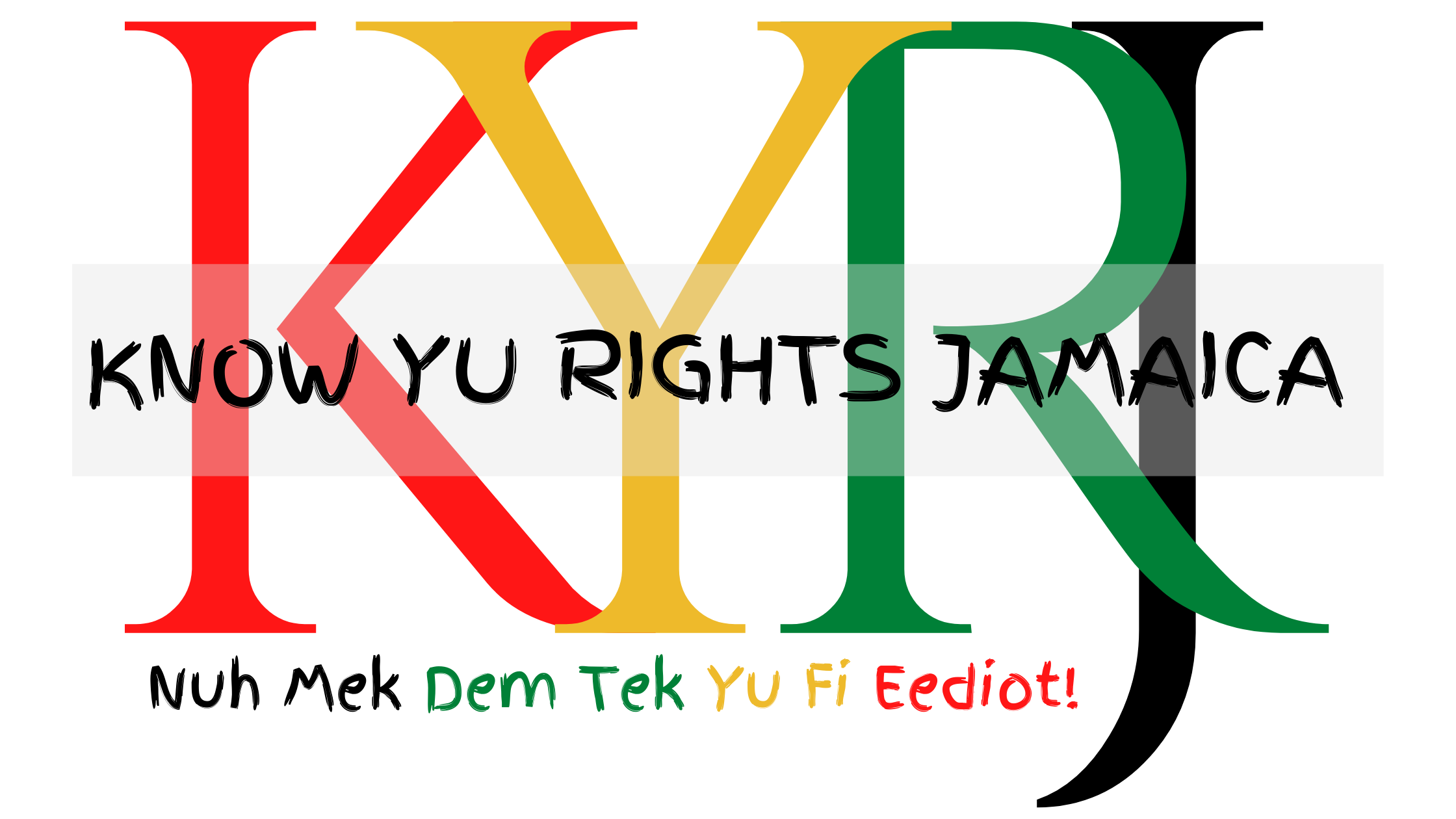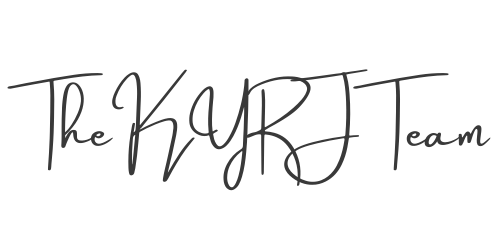DISCLAIMER: The content of this website, by its very nature, is general, whereas each user’s situation is unique. Therefore, please note the information contained within this website is for informational purposes only. All efforts have been executed to present accurate, up to date, and reliable, complete information. No warranties of any kind are declared or implied. Users of this website acknowledge that the Know Yu Rights Jamaica website is not engaging in the rendering of legal, financial or professional advice.
Please read our Privacy Policy & Terms of Use for further information.
In Jamaica, the minimum wage plays a crucial role in ensuring that workers receive a fair compensation for their labor. As a worker in Jamaica, understanding the minimum wage and your rights is essential to ensure you are receiving the compensation you deserve.
Minimum Wage Definition
The minimum wage is the lowest hourly, daily, or weekly wage that an employer is legally allowed to pay their employees. It is set by the government to protect workers from exploitation and to ensure that they can earn a living wage. In Jamaica, the minimum wage is reviewed and adjusted periodically to keep pace with the cost of living.
Examples of minimum wage earners in Jamaica include: household workers, artisans, labourers, store clerks, and security personnel.
Minimum Wage Act Jamaica
The Minimum Wage Act of Jamaica and minimum wage orders work together to set the minimum wage for workers in different sectors of the economy.
The Minimum Wage Act, which was enacted in 1975, establishes the general principles and procedures for setting the minimum wage. The Minister of Labour and Social Security is responsible for reviewing and adjusting the minimum wage periodically, taking into account the cost of living and other relevant factors.
Minimum Wage Orders are specific regulations issued by the Minister of Labour and Social Security that set the minimum wage for specific industries or occupations. These orders can be more specific than the provisions of the Minimum Wage Act and can address unique circumstances in a particular industry or occupation.
Key Differences Between the Minimum Wage Act and Minimum Wage Orders
- Scope: The Minimum Wage Act provides a general framework for setting the minimum wage, while minimum wage orders are specific regulations that target specific industries or occupations.
- Detail: The Minimum Wage Act outlines general principles and procedures, while minimum wage orders can provide more detailed provisions, such as establishing different minimum wages for different categories of workers within an industry or occupation.
- Flexibility: The Minimum Wage Act provides a general framework that can be adapted to changing circumstances, while minimum wage orders are more specific regulations that may need to be amended more frequently to reflect changes in the industry or occupation.
Minimum Wage for Security Guards in Jamaica
Security guards play a vital role in ensuring public safety and protecting property. They work in various settings, including banks, schools, hospitals, and commercial establishments.
- The current minimum wage for security guards is $15,000 per 40-hour workweek.
- This is $375 per hour.
- Overtime (at time and a half) is $562.50 per hour. N.B. Overtime is time worked beyond the 40 hour workweek.
- Double time is $750 per hour for work done on rest days or public holidays.
Minimum Wage for Domestic Workers
Domestic workers, including nannies, housekeepers, and gardeners, are an integral part of many households in Jamaica. The minimum wage for domestic workers is the same as the general minimum wage, which is:
- $15,000 per 40-hour workweek;
- $375 per hour.
- $562.50 for every hour of overtime (at a rate of time and a half)
- $750 for every hour worked on a rest day or a public holiday.
Ensuring Fair Compensation: Tips for Workers
As a worker in Jamaica, it is crucial to be aware of your minimum wage rights. Here are some tips to ensure you are being paid fairly:
- Understand the Minimum Wage: Familiarize yourself with the current minimum wage rates for your occupation and the applicable workweek.
- Understand Your Work Agreement/Contract: Ensure you know what you are agreeing to when you accept a job. Ensure that you do not accept anything lower than the minimum wage (your employer can legally offer you more, but not less). Ensure that the hours you are required to work are in alignment with the law.
- Keep Track of Working Hours: Maintain accurate records of your working hours, i.e. start and end times for each workday.
- Review Pay: Carefully review your pay to ensure you are receiving the correct wage for the hours you have worked.
- Seek Assistance: If you believe you are not being paid the minimum wage, contact the Ministry of Labour and Social Security for guidance and support. You can file a complaint with the The Pay and Conditions of Employment Branch (PCEB) of the Ministry of Labour and Social Security.

